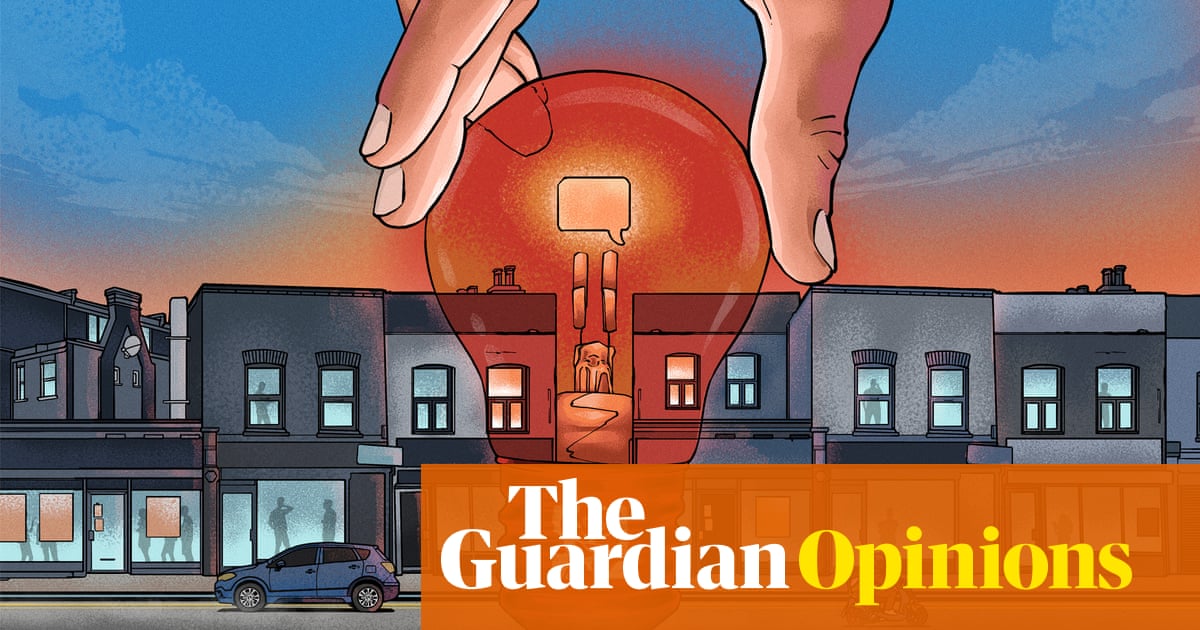
It’s odd, this coronavirus, viewed from a small rural town. The wall-to-wall news coverage that bookmarks all our days is contrary to the rhythm of our lives.
On a broadacre farm, work that is already isolated has not changed apart from the little things. We wipe down tractors and vehicles. We are feeding family who have returned home to wait out peak virus, while trying to ensure connectivity can handle online university lectures and work conferences.
Agricultural supplies need to be phoned in ahead and the usual inputs – seed, spare parts and chemicals – are in high demand.
A trip to town, though, reveals the extent of lockdown. Pubs and cafes, beauty parlours and gift shops have temporarily closed. With streets already containing a fair share of empty premises, it is alarming.
The supermarket – an independent – is busier than ever, but they are having trouble filling their orders. Pasta, baking and toilet paper supplies are still low or missing.
The majority of the chemist’s shop space is roped off. Products are delivered by staff to ensure goods are not cross-contaminated. A small-town pharmacy is the frontline for supplies and advice. The flu vaccines have run out at the beginning of the season.
Down the road, the cafes and pubs in a popular tourist stop have pivoted to takeaway. Business owners urge customers to avoid their local catch-up on the way through. Police drive past to monitor social distancing.
It is discombobulating, but people are not complaining. A common theme is how lucky we are not to live in a densely populated city.
‘What do you do when there’s no other medical staff?’
If there is anxiety, it is about the availability of testing and the time taken for results. People with Covid-like symptoms have been perturbed by the strict criteria and limited test kits.
This is particularly true for health workers, who need to be removed from rosters if suspected and tested. A test result that might take eight hours in the city is more like three or four days turnaround and in some rural parts up to a week, potentially leaving a big chunk in a health service roster.
Amanda Kenny, a professor of rural health at La Trobe university, describes a typical small-town health service which may have one or two doctors as well as a working roster of nurses, office staff and cleaners, who are all potentially exposed.
Often those hospitals, like my local, also double as aged care facilities, which increases the degree of difficulty for staff working across the building. The same doctors often service both their general practice and the emergency ward of a small hospital.
“The biggest risks for smaller communities are the workforce issues,” Kenny says. “Smaller services are at risk of GPs getting sick. If they become infected, what do you do when there’s no other medical staff?”
Kenny commends telehealth initiatives, but says more support is needed, in particular for older people, whose visits to their GP are important not just for health but also for emotional connection.
Dr Joe McGirr, independent MP for the New South Wales seat of Wagga Wagga and an emergency doctor, is particularly concerned about social isolation for older people who do not have access via the internet.
“These are the people who walk down to the newsagents every day to pick up a paper and they run into a few people on the way. That is their news service. They don’t have Facebook,” McGirr says.
For many rural and remote towns, the Royal Flying Doctor Service will deliver medical services and also evacuate patients to bigger hospitals.
Federation executive director Frank Quinlan says the the RFDS faces an unusual tension to ensure it can get into communities to provide medical services and evacuations, without carrying the virus into already isolated places.
“All these communities are experiencing the same health issues they would be experiencing without the [Covid-19],” Quinlan says. “Transportation with people experiencing infectious diseases, or suspected, is a routine part of our business so we are well set up.”
‘This is a massive opportunity’
The virus outbreak closely followed the horrendous summer of bushfires in the eastern states, and the need to isolate has effectively closed down bushfire recovery centres designed to support communities coping with losses of properties, businesses and livestock.
Towns such as Batlow and Tumbarumba in NSW were badly hit, losing significant parts of their orchard and softwood industries. Internet connectivity is an issue in those areas as well, making home-schooling and business frustrating and exacerbating the difficulties of lockdown.
In Western Australia, Wongan Hills pork, orange and wheat grower Sue Middleton has spent the past two months rearranging her workforce to allow for isolation and keep employees healthy, protect families and to allow products to continue to markets.
She ships pork to Singapore and elsewhere, so she has welcomed the federal government’s export assistance, after the lack of carrying capacity increased freight charges for her business by six times.
Middleton says connectivity remains a huge issue but is hopeful that if that hurdle can be solved, rural Australia will emerge in a more competitive place to attract population.
She believes if telehealth and connectivity were strengthened, rural communities could compete with the comparative advantages of cities that provide jobs and access to health.
“There is a massive opportunity for rural Australia,” she says.
Andrew Vann, the vice-chancellor of Charles Sturt University, Orange, says regional universities are well set up to provide external services, but he is concerned at the hit on regional economies.
“We are worried about the loss of economic capacity, we need to be here to train people,” Vann says. “There is a risk to the economic future of regional Australia in all of these towns.”
But, like Middleton, he is bullish about rural futures.
“I think the tide was already turning in favour of regional Australia,” Vann says. “I think people will say, do I really want to be with 6 million people when I’ve discovered I can work from home?”












